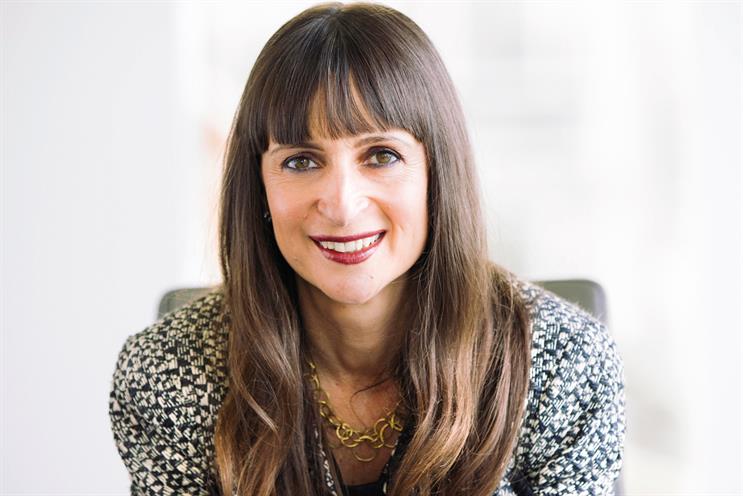Our industry prides itself on communicating effectively with the right audiences. However, Engine’s latest research has shown that across the UK, an audience that accounts for 80% of UK consumer spending is feeling overwhelmingly disenchanted, disheartened and disrespected by the communications we are serving them.
According to our "21st Century Woman" report – a year-long research project led by Engine’s customer experience experts Partners Andrews Aldridge – 76% of UK women feel that brands do not accurately represent them. Released the day before International Women’s Day, the report draws on a mixture of qualitative interviews and surveys alongside quantitative data to explore the attitudes and views of a diverse group of female consumers. Its findings show a stark contrast between how modern women see themselves and the women they see in advertising.
This may seem obvious, but is it really surprising?
For many years now, "gender", "equality" and even "feminism" have been industry buzzwords. We defend them in our thought pieces, we extol their importance at our conferences, and we praise and award trophies to work that places men and women on equal footing. We know that we need to hire more women, empower more women, speak to women more effectively through our communications.
But ultimately, that’s the problem. All too often we think of women as simply "women" – a collective noun, a single entity. We forget that in the UK alone we’re actually talking about a group of 32 million people from a myriad of backgrounds and cultures – people of all ages, who understandably want different things in life.
When it comes to communicating with this group it’s ridiculous to think that one shoe fits all. Even Cinderalla got that right. Is it any wonder that 86% of women think that brands depict a stereotypical existence?
Because, when we set out to do this research, we already knew that women felt this way. What we didn’t know – and what we hoped to discover – was the complex community behind the collective noun. Who were they? How did they feel about being a woman in Britain today? How did they differ from one another? What did they agree and disagree on? And how were these opinions influenced by their environment, life stage and background?
We discovered some interesting things.
We found out that while some women love social media and many recognise the role it has played in helping them strive for gender equality, a growing number also realise that it is holding them back – putting pressure on them to portray unrealistic idealised images of themselves, winding the clock back decades. In fact, 65% of women would not be disappointed if social media ceased to exist tomorrow.
We found out that while 74% of women recognise motherhood as a full time career, over 70% of mothers work. This juxtaposition means that 70% of women believe brands don’t understand their family life.
Numerous contradictions such as these mean that the pressure to "have it all" and "be it all" is overwhelming, and many women think that brands have a responsibility to change things.
So, as marketers, we need to "think before we pink". Given the tight deadlines, ingrained processes and archaic attitudes that still plague our industry, it is understandable why many still resort to taking shortcuts in their messaging. We need to be militant against quick fixes that result in hackneyed stereotypes – diminishing what the 21st century woman can be and undermining the effectiveness of our communications.
As the global incomes of women to reach a staggering $18 trillion by 2018, brands can no longer afford to be slaves to female stereotypes. We need to work to understand this multi-faceted audience, before we seek to engage them. Those that fail to make a real and meaningful change to the ways in which they communicate will simply be found out and left behind.
Debbie Klein is chief executive, Europe and Asia-Pacific for Engine Group.


